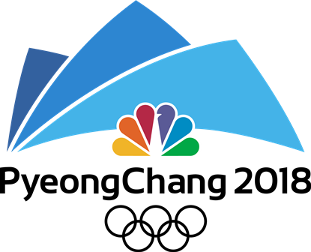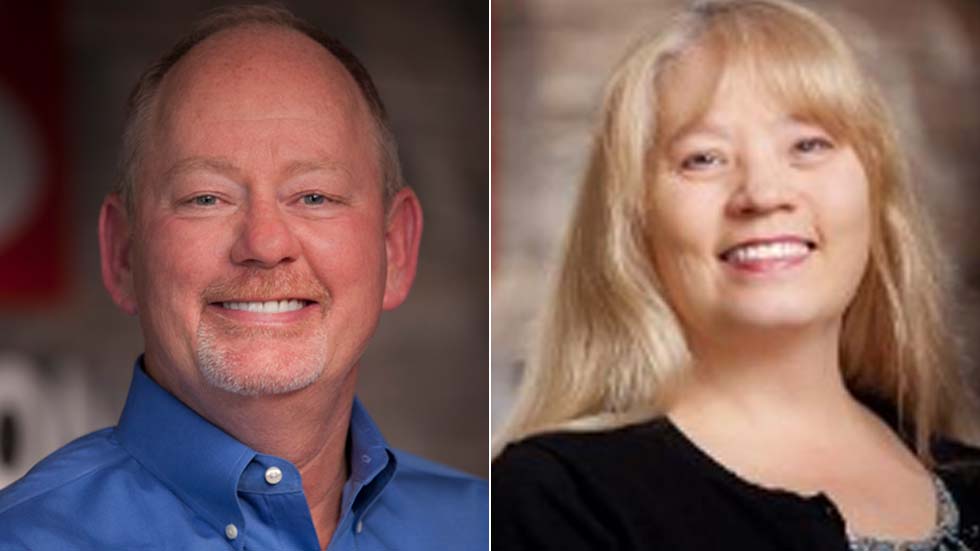STAMFORD, CONN.—Break out the VR headsets and fire up the virtual reality app. The Winter Olympics are right around the corner and NBC Olympics plans more than 50 hours of live virtual reality coverage.

Powered by Intel True VR, the live coverage of the XXIII Olympic Winter Games from PyeongChang, South Korea, will be available to authenticated viewers with Windows Mixed Reality headsets, Samsung Gear VR and Google Daydream with compatible iOS and Android devices, NBC Olympics announced Tuesday.
Intel True VR technology relies on pods at each event to create interactive 360-degree VR environments. Authenticated VR viewers can access that content via the NBC Sports VR app. Once in the VR environment, they can change their vantage points, listen to natural sound captured at each camera location, look at real-time stats and leaderboards, and view post-event results. They also can fly through the VR Olympic world, tour Winter Games venues and visit different parts of the Korean peninsula, NBC Olympics said.
According to the network, this year’s games mark the first time VR has ever been available for Winter Olympic coverage. Olympic Broadcasting Services will supply NBC Olympics with the live VR programming.
Live VR coverage will include the Opening and Closing Ceremonies, alpine skiing, curling, snowboarding, skeleton, figure skating, short track, ski jumping, ice hockey and big air.
Besides the live VR coverage, NBC Olympics will provide VR replays of all previously live-streamed events, a daily 360-degree video of a sport not available in VR the previous day and packaged daily highlights from the day before. VR viewers will also have access to content prior to the beginning of the Winter Olympics.
Programming will be available every day of the Winter Olympics (Feb. 9-25), except for Feb. 18.
The professional video industry's #1 source for news, trends and product and tech information. Sign up below.
NBC Sports first used VR for coverage of the Olympics in Rio de Janeiro, Brazil, in 2016.
Phil Kurz is a contributing editor to TV Tech. He has written about TV and video technology for more than 30 years and served as editor of three leading industry magazines. He earned a Bachelor of Journalism and a Master’s Degree in Journalism from the University of Missouri-Columbia School of Journalism.

